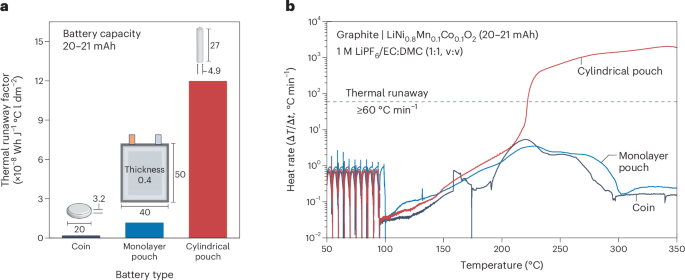Delaware Supreme Court Decision Suggests Drafting Points for Indemnification Notice Provisions –Thompson v. Sonova
In Thompson Street Capital Partners v. Sonova U.S. Hearing Instruments (Apr. 28, 2025), the Delaware Supreme Court addressed a dispute over an indemnification claim notice delivered by Sonova to Thompson following Sonova’s acquisition of certain audiology practice groups from Thompson. The Court of Chancery (Mar. 25, 2025) had held that Sonova’s notice met the timing and specificity […]

Gail Weinstein is a Senior Counsel, Philip Richter is a Partner, and Steven Epstein is the Managing Partner, at Fried, Frank, Harris, Shriver & Jacobson LLP. This post is based on a Fried Frank memorandum by Ms. Weinstein, Mr. Richter, Mr. Epstein, and Steven J. Steinman, and is part of the Delaware law series; links to other posts in the series are available here.
In Thompson Street Capital Partners v. Sonova U.S. Hearing Instruments (Apr. 28, 2025), the Delaware Supreme Court addressed a dispute over an indemnification claim notice delivered by Sonova to Thompson following Sonova’s acquisition of certain audiology practice groups from Thompson.
The Court of Chancery (Mar. 25, 2025) had held that Sonova’s notice met the timing and specificity requirements set forth in the parties’ merger agreement. The Delaware Supreme Court overturned that decision, holding that it was reasonably conceivable that the notice did not meet the requirements, and that the buyer therefore had forfeited its right to indemnification. The Supreme Court remanded the case for further fact-finding relating to whether the timing and specificity requirements were material to the agreement and, if so, whether the noncompliance would result in a “disproportionate” forfeiture.

















































































































































